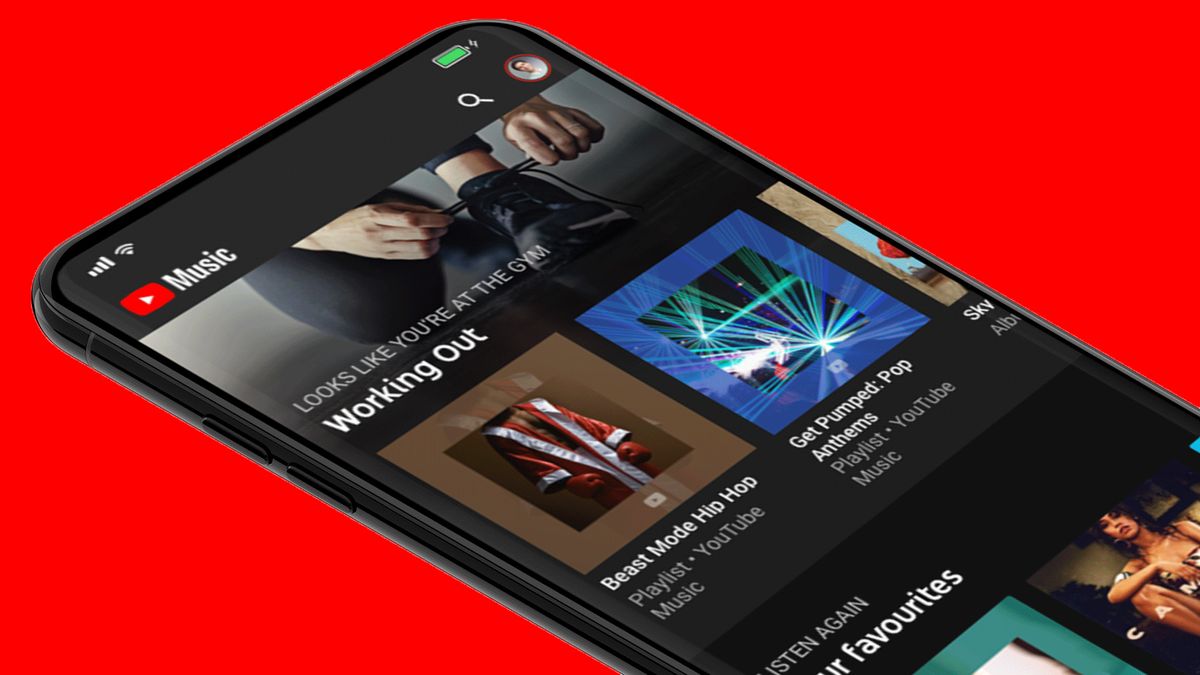Google‘s been doing some interesting things with technology and YouTube Music: shortly after introducing a “you sing it, we’ll play it” audio recognition system it’s now testing an AI playlist feature that will create a custom, personalized radio station for you. Once the feature rolls out to your account, you’ll see a new card in your Home feed labeled “Ask for music any way you like”.
If you go for that option it’ll open up a chat window, and you can enter a prompt by typing or talking. Example prompts supplied by the app include “catchy pop choruses”, “epic soundtracks”, “upbeat pop anthems” and even “surprise me”.
What can you do with YouTube Music’s “any way you like” radio?
The news is further proof that YouTube Music’s been looking to get into AI in a big way recently and take the game to music streaming heavy hitter, Spotify. 9to5Google has posted images of the prompt-generated radio feature, using prompts such as “Queer hip-hop beats” to generate playlists. YouTube Music responded to that invocation by creating a collection labeled “rhymes and flows from the heart, a celebration of queer pride in hip hop’s art” – although the first three songs in the playlist suggest that the AI’s musical knowledge could be better; the third song is a RuPaul dance track that’s more house than hip-hop. But as YouTube Music says, this is an experimental feature – a preview, not a full release.
So far the new feature doesn’t appear to be testing widely. 9to5Google links to a single Reddit thread and notes that there haven’t been other reports of the feature appearing in people’s accounts, so it’s possible that we might not see it rolling out for a while. But it could be an important feature in the battle between of the best music streaming services.
Music streaming isn’t like TV or movie streaming, because (with a few exceptions) every service offers the same tunes – so you can get your Chappell Roan or Carcass records on pretty much any streamer. That means they have to compete in other ways: price, of course, but also features such as spatial audio, lossless or hi-res audio and most of all, discovery and personalization. Spotify’s discovery and recommendation features have long been a key reason why users like the service; YouTube’s AI experiments are clearly designed to challenge that.










